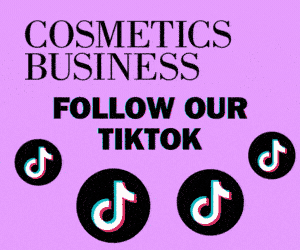A growing middle class is fueling cosmetics sales in sub-Saharan Africa, as Andrew Green in Kampala and Bill Corcoran in Cape Town report
The tripling in the size of Africa’s middle class over the last 30 years to what the African Development Bank estimates is now 313 million people, coupled with increased urbanisation, are driving the growth of the continent’s cosmetics industry and markets.
In Nigeria, one of the world’s ten fastest growing economies, UK based market research firm Euromonitor International valued sales in the beauty and personal care sector at $595.8m in 2011, up from $439.8m in 2006. It predicts that by 2016 Nigeria’s young yet increasingly sophisticated population will drive industry sales to $620.2m.
Bath and shower gels ($240m in sales in 2011), skin care ($88m) and hair care ($79.9m) products dominate the industry. But Kudirat Fashola, owner of the popular Nigerian retail chain Kuddy Cosmetics, predicts the country’s colour cosmetics market – valued at $26.2m in 2011 – will be a major growth area as people “want to look their best” in urban environments.
Emmanuel Nwakanma, chair of the Cosmetics Manufacture & Ethics Association of Nigeria, says the sector has been transformed in the last five years. “The cosmetics industry has achieved substantial growth, from a few local manufacturers to increasing participation by foreign brands,” he says.
Indeed, the race for market share now requires advertising and product updates, leaving local manufacturers at a disadvantage. Multinationals dominate the market and many of the leading companies, such as PZ Cussons and Unilever, also have dedicated subsidiaries in the country. By both “bringing in finished products, as well as establishing plants for manufacture” Nwakanma says they are able to expand along with the market.
L’Oréal has been one of the biggest industry movers recently. In September 2012, a year after opening a Nigerian subsidiary, it launched new hair anti-breakage products through its Dark and Lovely line.




